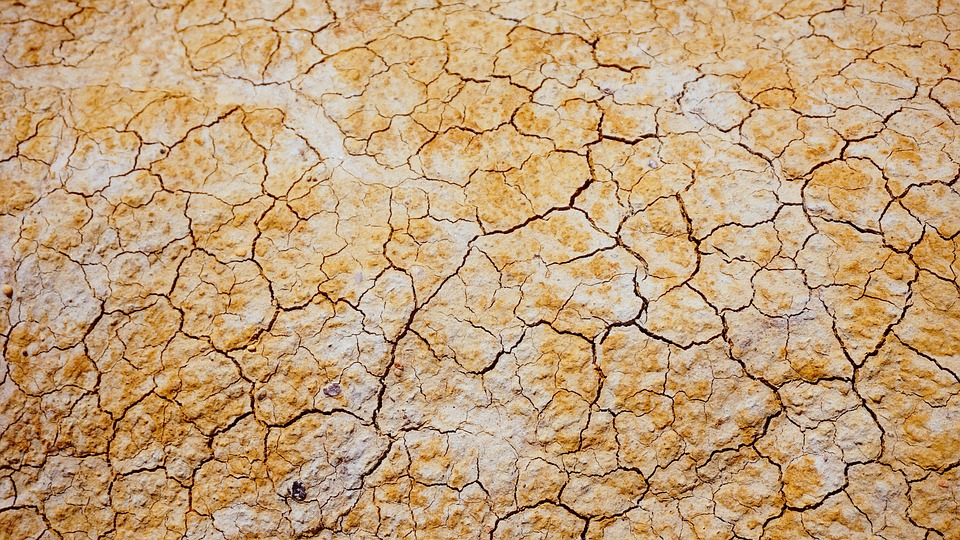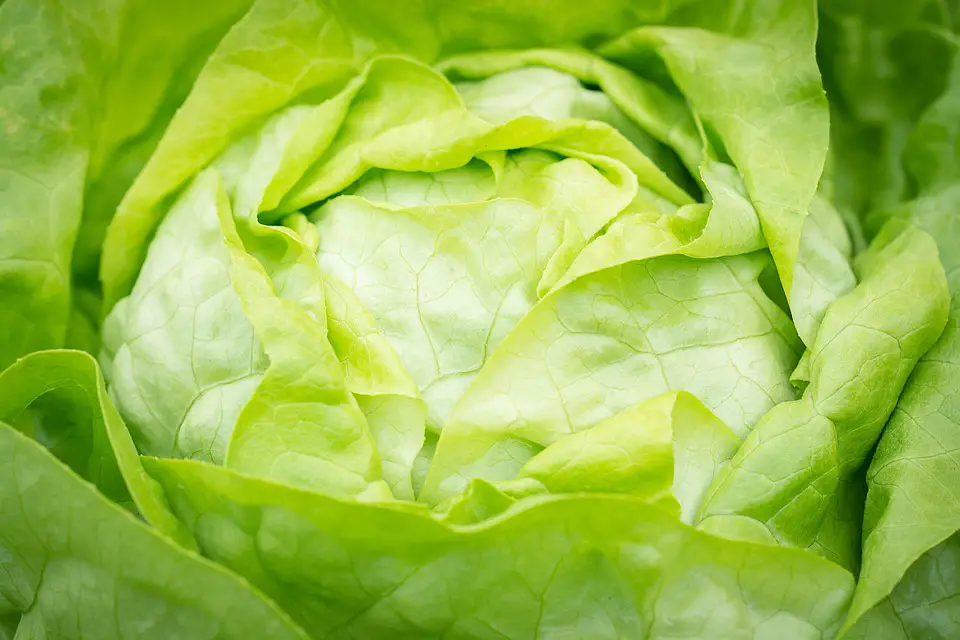Unleashing the Potential of Your Garden: A Guide to Effective Soil Care
Introduction
Your garden’s success relies heavily on the health and quality of its soil. Proper soil care techniques are essential in ensuring optimal growth and productivity of your plants. With the right knowledge and practices, you can unleash the true potential of your garden and create a vibrant, flourishing outdoor space to be proud of.
Understanding The Importance of Soil Care
Soil acts as a foundation for your garden, providing essential nutrients, water storage, and support for plant roots. By implementing effective soil care strategies, you not only enhance the growth and vitality of your plants but also improve their resistance to pests, diseases, and harsh weather conditions.
Testing and Analyzing Your Soil
Before embarking on any soil care regimen, it’s crucial to analyze its composition. A simple soil test can reveal valuable information about its pH levels, nutrient content, and texture. Based on these results, you can make informed decisions about the necessary amendments and changes required to ensure optimal plant growth.
Amending and Fertilizing Your Soil
Adding organic matter, such as compost or well-rotted manure, is vital for replenishing essential nutrients and improving soil structure. Regularly incorporating organic matter into your garden beds enhances water retention, promotes beneficial microbial activity, and supplies vital minerals for robust plant development. In addition to organic matter, specific fertilizers can address nutrient deficiencies identified through soil testing.
Improving Soil Drainage and Aeration
Excess water and poor soil drainage can lead to root rot and various other problems for your plants. To enhance drainage, consider amending heavy clay soils with coarse sand, perlite, or vermiculite. For compacted soils, aerating using a garden fork or a mechanical aerator helps improve airflow and nutrient penetration.
Maintaining Proper Soil Moisture Levels
While drainage is essential, consistent moisture levels are equally crucial for plant health. Proper watering techniques depend on various factors such as plant requirements, weather conditions, and soil types. Mulching can help reduce evaporation, regulate soil temperature, and suppress weed growth, leading to more efficient water usage and better moisture retention.
Controlling Soil Erosion and Soil Compaction
Erosion and soil compaction can negatively impact your garden’s soil health. Contouring your garden beds, installing retaining walls, and strategically planting ground cover plants can help prevent erosion and stabilize slopes. Avoiding heavy machinery on the soil’s surface, using raised beds, and distributing weight evenly can minimize compaction and protect your soil’s structure.
FAQs Section
What is the ideal pH level for garden soil?
The ideal pH level for garden soil typically ranges between 6 and 7, as most plants prefer a slightly acidic to neutral pH. However, it’s important to note that certain plants have specific pH preferences, so it’s advisable to research and adjust accordingly.
How often should I test my garden soil?
Testing your garden soil annually is a good practice for tracking its nutrient levels and pH. However, if you encounter specific plant growth issues or changes in your garden’s condition, more frequent testing may be necessary.
Can I use chemical fertilizers instead of organic matter?
While chemical fertilizers can provide quick, targeted nutrient supplementation, relying solely on them over time can result in detrimental effects on soil health. It is advisable to combine the use of organic matter with mineral fertilizers to provide a well-rounded nutrient balance to your soil.
Should I water my garden in the morning or evening?
Ideally, it’s recommended to water your garden in the morning. This allows the plants to absorb moisture throughout the day and helps prevent disease by ensuring foliage dries before evening. However, in hot, arid climates, evening watering can be more effective as it reduces water loss through evaporation.
How can I prevent soil erosion on slopes in my garden?
To prevent soil erosion on slopes, you can implement various strategies such as terracing, planting erosion-resistant ground cover plants, or installing retaining walls. These techniques help slow down water flow and promote soil stabilization.





